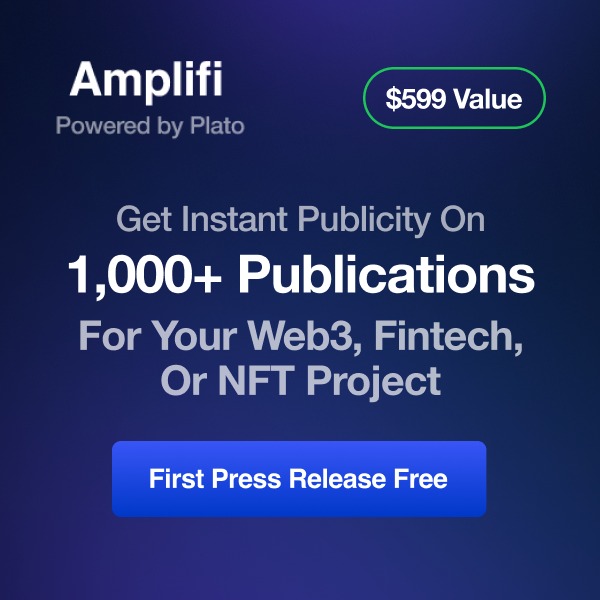Tag: scientist
IgY antibody technology against SARS-CoV-2 unveiled
The IgY antibody technology, with an invention patent issued by China National Intellectual Property Association, was jointly unveiled by Sino-Swed Tongkang Biotech Ltd. (Shenzhen) and a local precision medicine research institute.
After the COVID-19 outbreak in 2020, the two developers leveraged their strength in antibody engineering technology and began to develop antibodies that can specifically inhibit SARS-CoV-2 under the guidance of Swedish scientist Sven Skog, according to the Daily report.
The IgY antibody that shows inhibitory activity against SARS-CoV-2 was extracted and obtained from the yolks of eggs delivered by immunized hens.
The results from the Shenzhen Center for Disease Control and Prevention's BSL-3 laboratory in October 2020 showed that the inhibitory effect of the disinfectant containing the antibody on a wild-type novel coronavirus reached 99.85 percent.
The experimental results from the State Key Laboratory of Virology in December 2021 showed that spray prepared by the antibody has an inhibitory effect of 99.94 percent on the Delta variant.
It is reported that the IgY antibody would not cause irritation or toxic side effects to the human body and can work on the body's mucosal surfaces or on objects' surfaces.
It has an inhibitory effect on the novel coronavirus for up to three hours per single use.
http://www.szlhq.gov.cn/english/news/content/post_9528020.html
Source: Shenzhen Daily
Copyright 2022 ACN Newswire. All rights reserved. www.acnnewswire.comAn IgY neutralizing antibody, which is claimed to inhibit the activity of SARS-CoV-2, the novel coronavirus that causes COVID-19, by over 99 percent, was launched in Shenzhen on Monday, according to Shenzhen Special Zone Daily.
No, quantum computers won’t hack Bitcoin by 2022
Quantum computers are billions of times more powerful than your PC, but researchers say it's still a decade before they threaten Bitcoin.
The post No, quantum computers won’t hack Bitcoin by 2022 appeared first on Protos.
Threat Actors Use Microsoft OneDrive for Command-and-Control in Attack Campaign
Morphware: Making Machine Learning Work for Blockchain

Today, as machine learning techniques are widely applied to a range of applications, machine learning has become important to online services. Morphware is a decentralized machine learning system that rewards owners of accelerators by auctioning off their idle computing power and then facilitates the associated sub-routines, which can be on behalf of the data scientists [...]
The post Morphware: Making Machine Learning Work for Blockchain appeared first on Blockonomi.
Cardano Deep Dive: Info you NEED about Cardano and ADA
Cardano (ADA) is a third-generation blockchain. What does that mean? In a nutshell, it builds on all the lessons learned from other coins to create a layered and distributed computing platform that places a special emphasis on security and engineering rigour. Cardano was officially launched in September 2017 under the so-called ‘Byron’ bootstrap phase. It […]
The post Cardano Deep Dive: Info you NEED about Cardano and ADA appeared first on Coin Bureau.
Industry Reactions to Biden Cybersecurity Memo: Feedback Friday
U.S. President Joe Biden this week signed a memorandum on boosting the cybersecurity of National Security, Department of Defense, and Intelligence Community Systems.






























